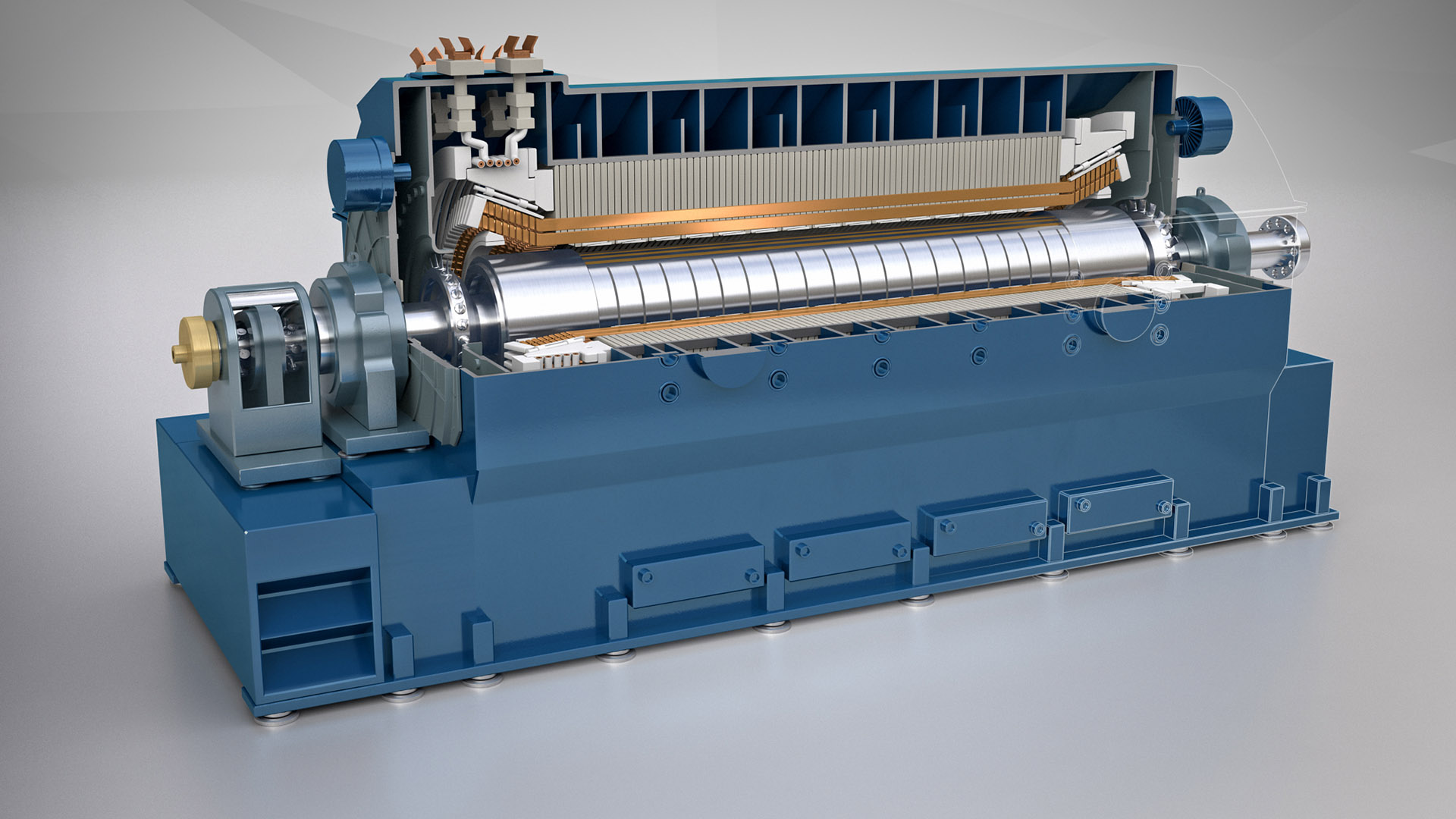TomC4306
Solar Obsessive
58 Hz is a symptom.This is my curiosity. What is the first equipment of concern for damage due to low frequency. Turbine, generator, transforming, transmitting, distribution, end user. Who is the first device of concern that needs protection from 58hz.
Of AN overloaded generator connected to other generators.
Feeding a pool of power.
Before the symptom gets that low, mitigation is well under way.




